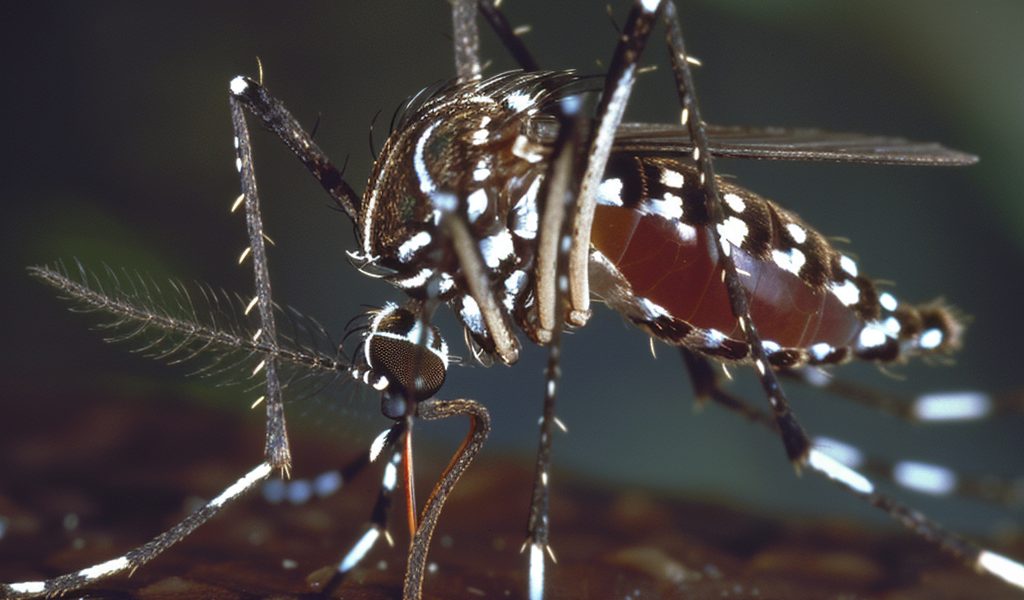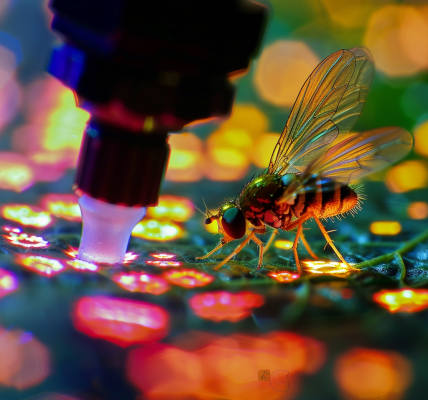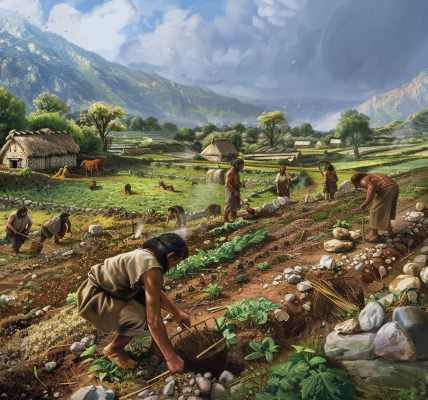Recent outbreaks of dengue fever in South America have raised concerns about the impact of warming climates on the spread of mosquito-borne diseases. Countries like Argentina, Brazil, and Peru have experienced record numbers of cases and fatalities over the past six months.
Dengue fever, a viral infection transmitted by Aedes mosquitoes, poses a significant threat to over 3.9 billion people in more than 129 countries worldwide, according to the World Health Organisation. The conducive conditions for mosquito breeding and survival during the southern hemisphere summer have exacerbated the situation in South America.
An independent report by the Lancet Countdown highlighted a 54% increase in the potential for dengue transmission by Aedes aegypti mosquitoes between 1951-1960 and 2013-2022. This rise aligns with the surge in dengue cases witnessed across the region earlier in 2024, indicating a concerning trend.
Traditionally considered a seasonal threat, dengue fever may no longer be confined to specific times of the year in South America due to rising temperatures and humidity levels. As winter approaches the region, experts are exploring the possibility of dengue becoming a year-round concern attributed to climate change.
The Lancet Countdown report underscores the correlation between climate conditions and the prevalence of dengue fever. Factors such as high temperatures, rainfall, and humidity create favorable environments for mosquito breeding and dengue transmission. Aedes aegypti mosquitoes thrive in shady, humid areas, where darkness and moisture support their life cycle from egg to adult.
Aside from climate factors, urbanization and population movements also contribute to the spread of dengue. The combination of these elements sets the stage for increased dengue transmission rates and poses challenges to public health systems in the region.





